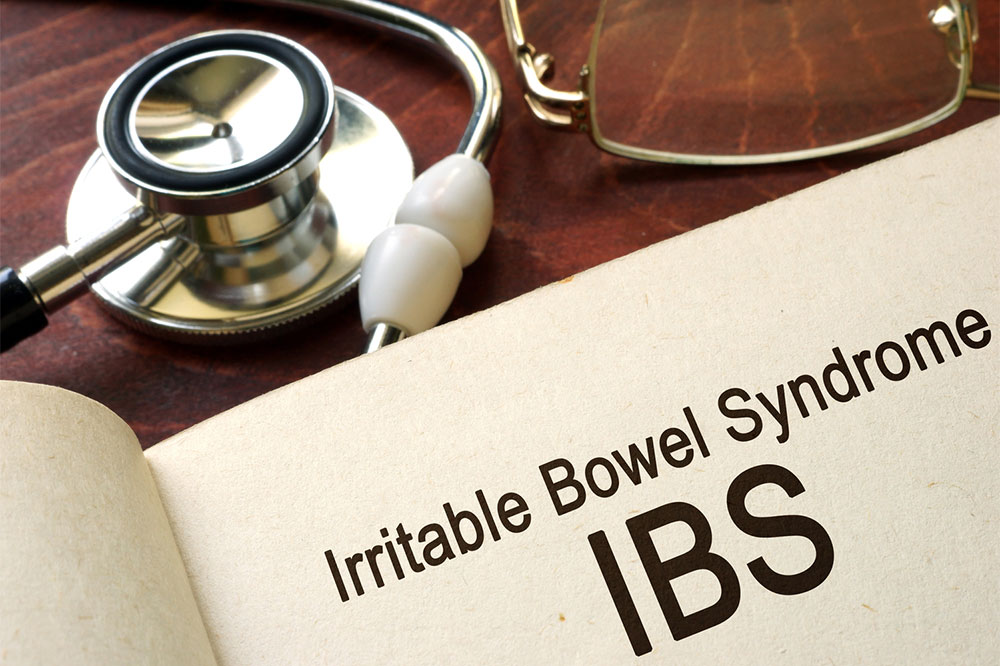Understanding Congestive Heart Failure: Stages, Symptoms, and Effective Management Strategies
This comprehensive guide explores the stages of congestive heart failure, its symptoms, and the most effective management strategies. Early detection and tailored treatments, including medication, lifestyle changes, and advanced therapies, are vital for improving quality of life and controlling disease progression. Learn about how to recognize early signs and take proactive steps against CHF for better health outcomes.

Understanding Congestive Heart Failure: Stages, Symptoms, and Effective Management Strategies
Congestive Heart Failure (CHF), also known as heart failure, is a complex medical condition that significantly impacts the heart's capacity to pump blood efficiently throughout the body. This impairment leads to the accumulation of fluid in the lungs, liver, legs, and other parts of the body, causing symptoms that affect a person's quality of life and can pose serious health risks if not diagnosed and managed early. Understanding the intricacies of CHF, including its stages, symptoms, and treatment options, is essential for patients, caregivers, and healthcare professionals aiming to improve outcomes and enhance patient well-being.
Early detection and comprehensive management are key to controlling congestive heart failure. Recognizing the warning signs such as shortness of breath, fatigue, swelling, and irregular heartbeat can prompt timely medical intervention. CHF progresses through four distinct stages, each marked by increasing severity of symptoms and changes within the cardiovascular system. Approaching each stage with a proactive treatment plan can significantly improve quality of life and potentially delay disease progression. Here is an in-depth look into each stage:
Stage 1 – Individuals can perform normal daily activities without experiencing symptoms. However, during moderate exertion, they might feel fatigue or shortness of breath, indicating early signs of heart stress.
Stage 2 – Symptoms start to manifest during mild physical activity. Even at rest, some individuals may experience discomfort such as fatigue or mild shortness of breath, signaling progression of the disease.
Stage 3 – Symptoms become more persistent. Patients may feel tired even during minimal activity, and at this stage, symptoms like palpitations or discomfort may occur even while resting.
Stage 4 – The most advanced stage, where symptoms occur at all times, including rest. Patients often experience severe fatigue, rapid heartbeat, and anxiety, which can significantly impair daily life and require intensive management.
Managing CHF effectively involves a multidisciplinary approach that encompasses lifestyle modifications, medication therapy, and advanced interventions when necessary. The goal is to improve heart function, alleviate symptoms, and prevent further deterioration.
Reducing fluid intake can help prevent fluid overload that exacerbates symptoms.
Limiting salt (sodium) consumption is critical, as excess salt can lead to fluid retention and worsen swelling.
Diuretics such as bumetanide, hydrochlorothiazide, and furosemide are commonly prescribed medications that help rid the body of excess fluid, easing the burden on the heart.
ACE inhibitors and Angiotensin Receptor Blockers (ARBs) are vital in managing CHF—they relax blood vessels, reduce blood pressure, and reduce the heart's workload while improving overall cardiac function.
In severe cases or advanced stages, patients may benefit from the implantation of devices like Ventricular Assist Devices (VADs), which help maintain circulation and improve life quality when heart transplant options are limited or unavailable.
It’s crucial for patients with CHF to have regular follow-ups and continuous monitoring to adapt their treatment plans according to disease progression. Lifestyle changes such as quitting smoking, maintaining a healthy weight, and engaging in appropriate physical activity also play a supportive role in managing the condition effectively.





